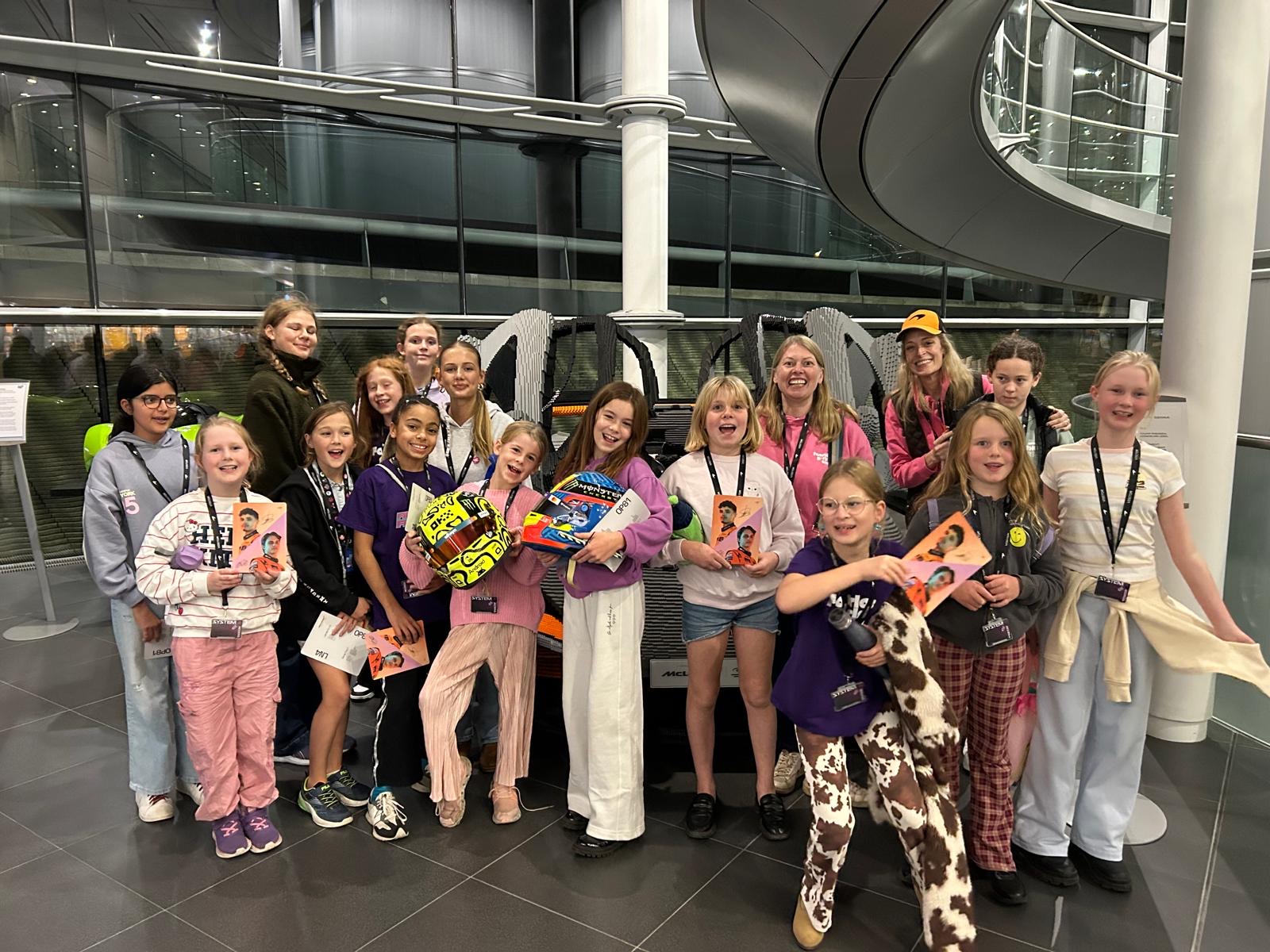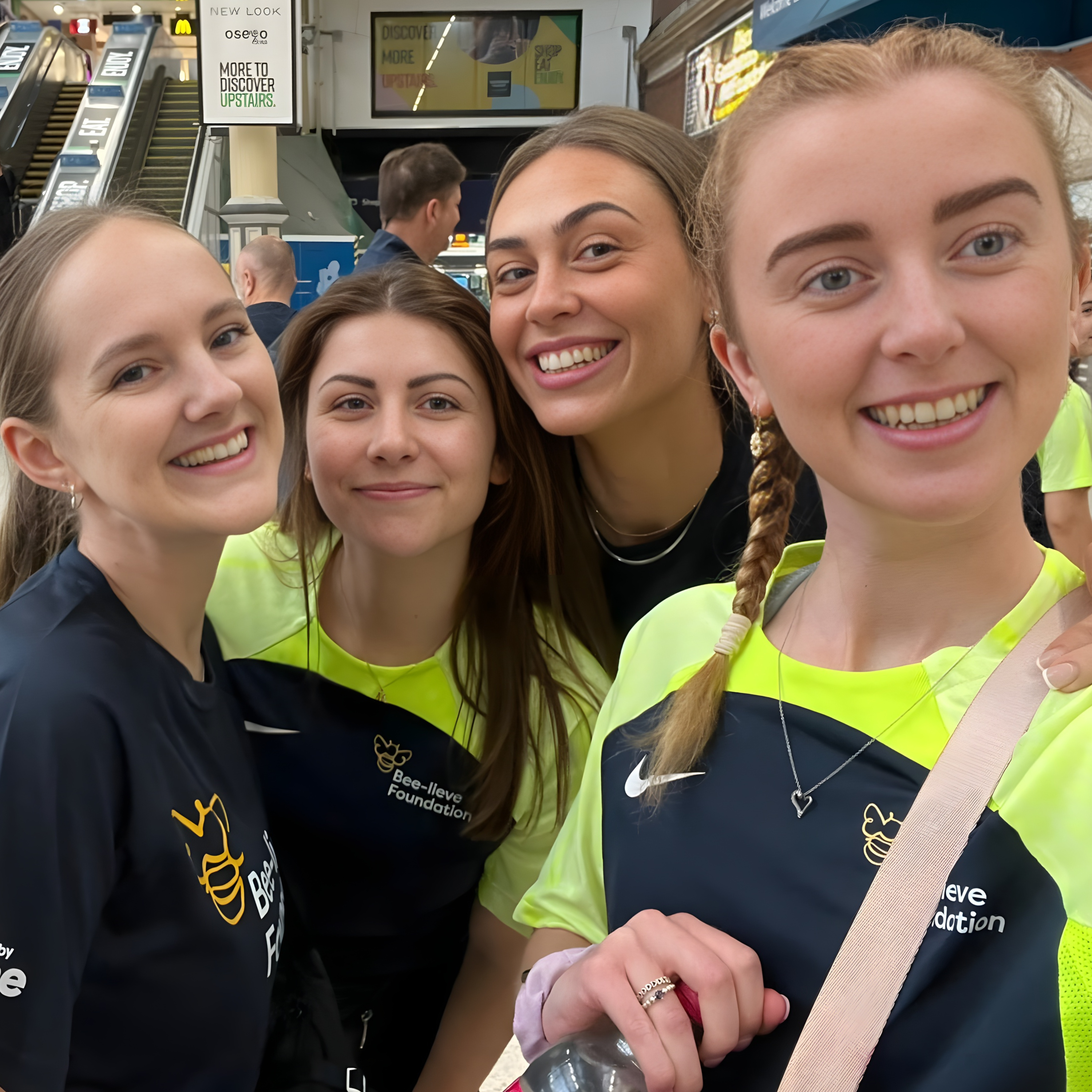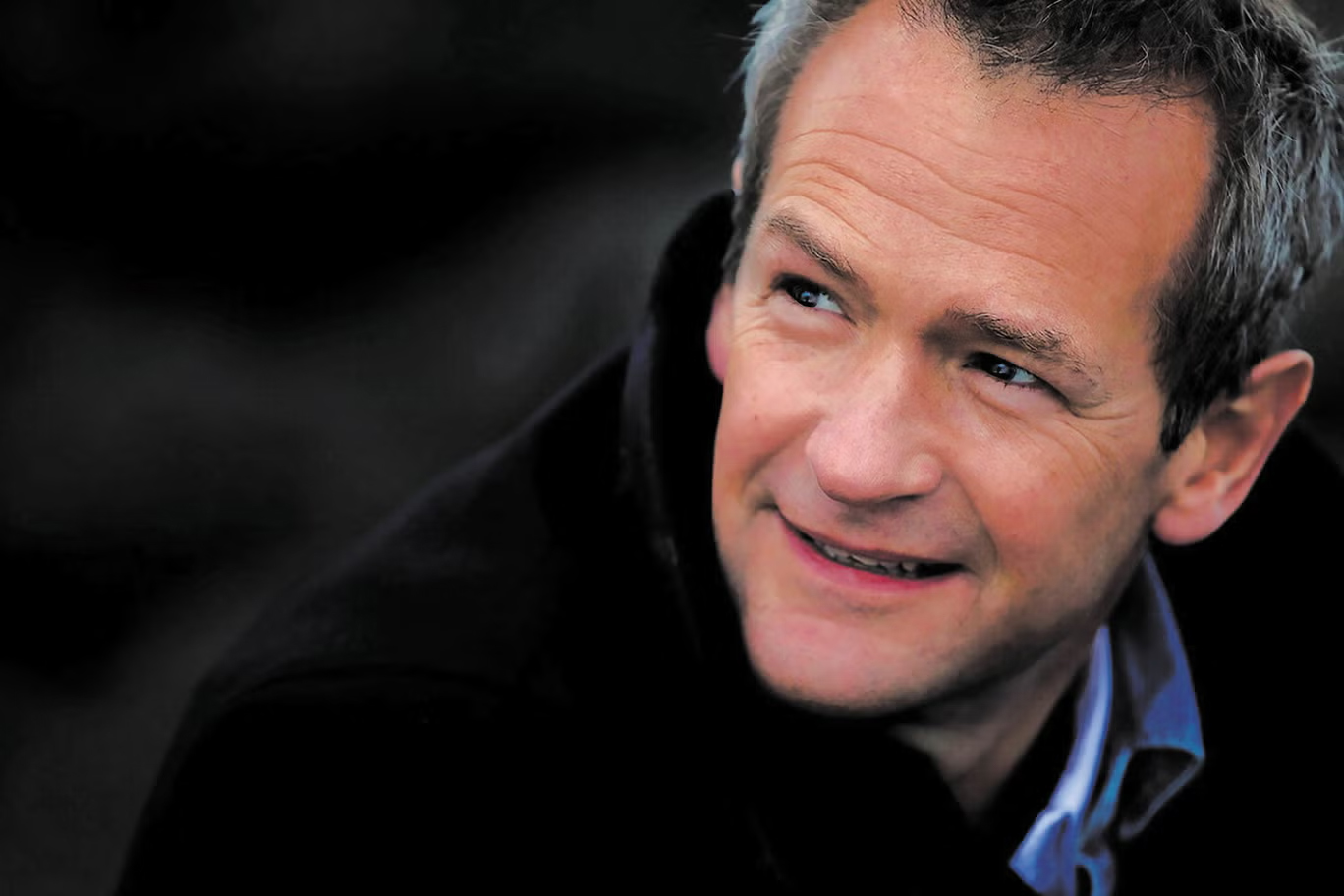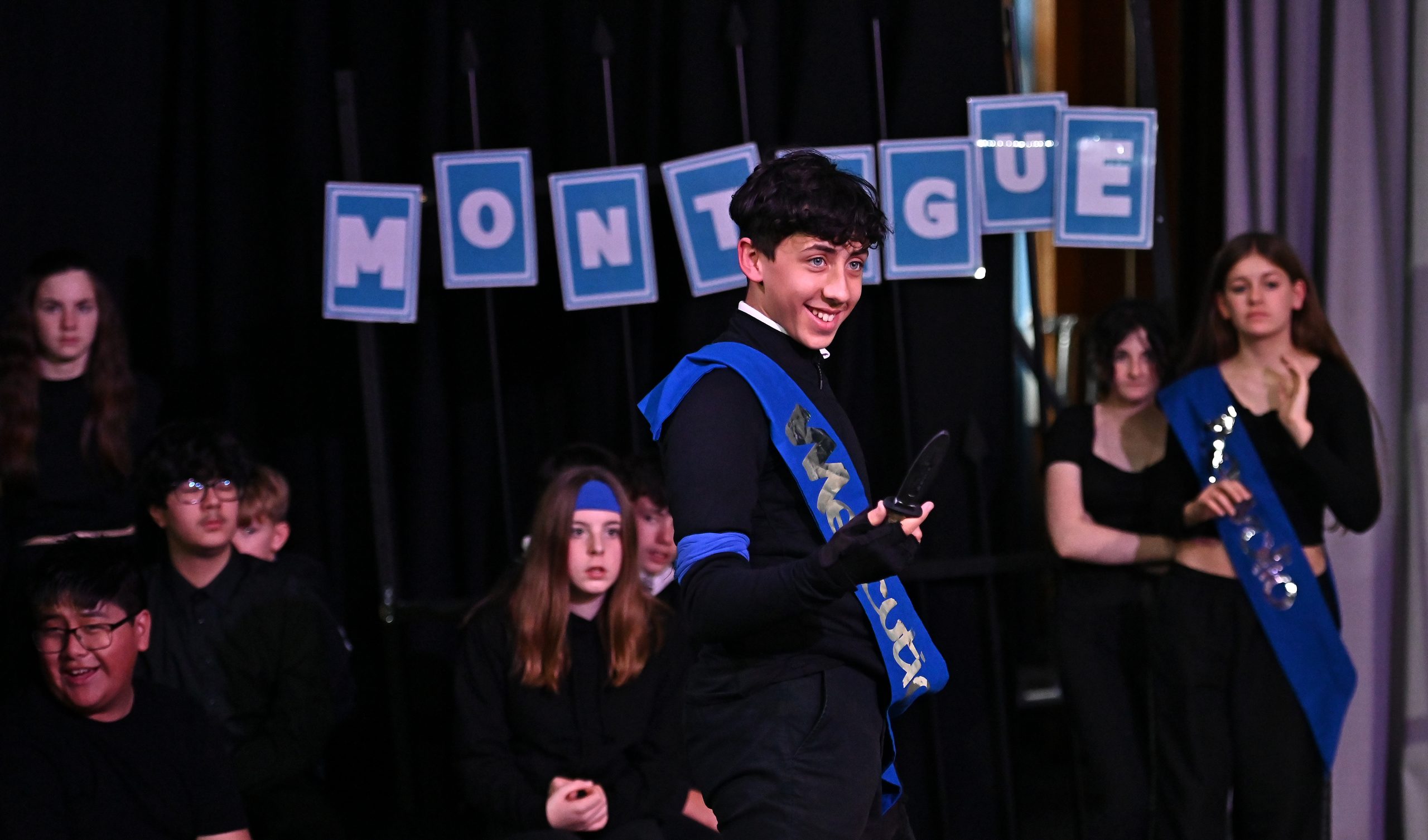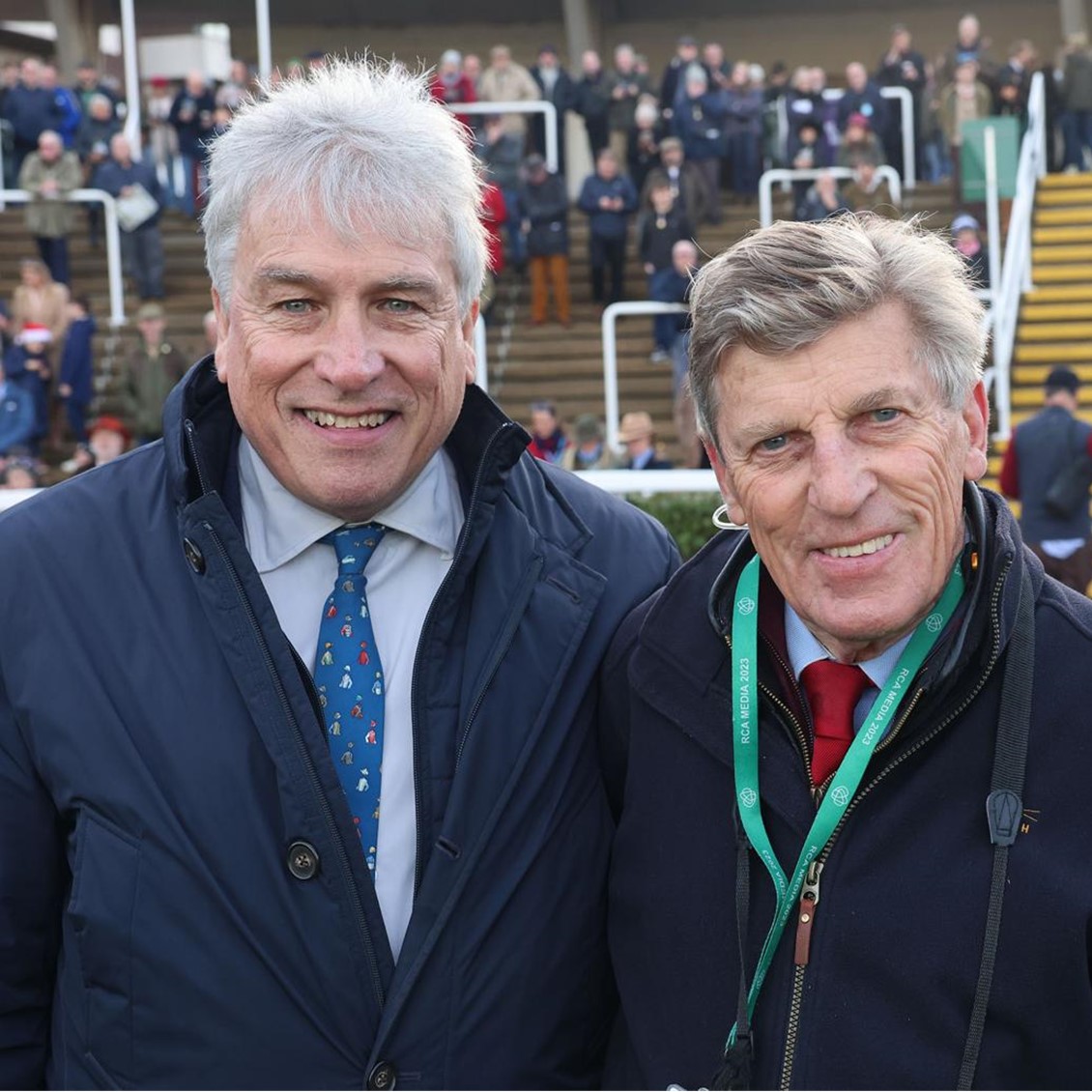From chocolate trails and crafty workshops to steam train journeys and Regency revels, Surrey is packed with family-friendly fun this spring. Here’s your guide to the best days out over the holidays.
Spring has arrived in Surrey, bringing blossom-filled gardens, longer days and a calendar packed with family-friendly adventures. From egg hunts in historic estates and hands-on museum workshops to live theatre, steam train journeys and riverside escapes, something is happening in every corner of the county this Easter.
Whether you’re planning a big day out or looking for simple holiday inspiration, here’s your guide to making the most of the break.
Easter egg hunts with the National Trust
As the countryside bursts into life, it’s a wonderful time to explore the great outdoors on an Easter egg hunt with the National Trust. From nature-inspired fun at Box Hill, Hindhead Commons and Winkworth Arboretum to eggy fun at Hatchlands, circus themed activities at Claremont and griffin challenges at Polesden Lacey, there’s something for all the family to enjoy throughout the holidays. Trails cost £3.50 including bunny ears and a dairy, vegan or Free From choccy egg.
For more information, visit nationaltrust.org.uk/surrey.
Easter Sleuthing at RHS Garden Wisley
Who framed the Easter Bunny? A question for young detectives visiting RHS Garden Wisley this Easter, from March 28th – April 12th. Find the clues, solve the crime, and rescue the Easter Bunny to get a small chocolate reward.
No need to book, just go along, buy the trail pack (£3) and start sleuthing. Normal garden admission applies.
Regency Revels at West Horsley Place
West Horsley Place invites you to immerse yourself in history and heritage this month where you can mingle with costumed re-enactors, enjoy music and dancing, talks, crafts and family-friendly activities bringing the early 19th century to life with Regency Revels, April 18th & 19th.
Put your dancing shoes on for a Regency Ball (10th), try the escape room experience on 2nd and with tours, talks, BBC Ghosts and workshops too, there’s plenty to enjoy.
For more information, visit westhorsleyplace.org.
Creative Easter at Farnham Maltings & Museum of Farnham
Get wild with an animal-filled Easter at Farnham Maltings and the Museum of Farnham, with family theatre from The Zoo That Comes to You, hands-on crafts like soap making and cupcake decorating, plus animal drama parties and puppet workshops.
Visit real farm animals at the Museum for a holiday packed with creativity and furry fun for all.
For more information, visit farnhammaltings.com.
Nature Writing at Gilbert White’s House and Gardens
Hear from seven of Britain’s leading nature writers at Gilbert White’s House and Gardens (the former home of Britain’s first ecologist) on Saturday, 21st March, 10am–5pm.
The line-up includes natural navigator and author Tristan Gooley, and novelist, nature writer, podcaster and children’s author Melissa Harrison. The day concludes with photographer Anne-Katrin Purkiss discussing her exhibition South Downs Portraits: Lives in a Landscape, on display in the museum’s Discovery Room.
For more information, visit gilbertwhiteshouse.org.uk.
Racing into Easter at Brooklands Museum
Join Brooklands Museum this Easter from March 28th – April 12th for centenary celebration family fun as it marks the 100th anniversary of Britain’s 1st Grand Prix, held at Brooklands race circuit, throughout 2026. Build your own racers in the Mini Mechanics family workshop or take on the new Scavenger Hunt to find the racing flags around the Museum!
Find the racing themed eggs in the Easter trail, enjoy car rides, take a Concorde family tour or hop on a vintage bus for a ride around the local area. Plus don’t miss the popular Easter Classic Gathering on Saturday, 4th April.
Spa Days at Brooklands Hotel
How about a bit of pampering? Brooklands Hotel has launched new BFit & BSpa memberships, offering members an exclusive opportunity to enjoy premium fitness and spa facilities.
For more information, visit brooklandshotelsurrey.com.
Family Shows at Camberley Theatre
Monsters, K-POP, science and gruff goats all feature in Camberley Theatre’s family fun holiday shows. There’s a Monster in your Show – March 31st & April 1st – sees Tom Fletcher’s interactive adventures leaping from page to stage.
Watch a volcanic eruption; turn a vacuum cleaner into a missile launcher or take aim with a smoke blaster in Exciting Science, April 6th. Get ready to sing, dance, and party like never before at K-Pop Party – the live concert on April 7th and join The Three Billy Goats Gruff on April 8th with catchy songs, funky dances and a rapping troll in this fun family show.
To book call 01276 707600 or online at camberleytheatre.co.uk.
Easter Egg-citement at Haslemere Museum
Haslemere Museum will hold a family Easter Egg-citement event on March 31st, 10.30am-1pm. After Easter themed arts and crafts, children can join in an Easter garden trail and be rewarded with a chocolate treat when they find the characters hidden throughout the gardens. The event is divided into time slots to prevent it becoming too crowded, but you are welcome to stay longer if you wish.
Book in advance via haslemeremuseum.co.uk/whatson.
Riverside Adventures with Farncombe Boat House
Farncombe Boat House is open from late March until the end of October for self-drive day boats and holiday boats. Enjoy a day out on the River Wey with friends and family, or a weekend exploring further downstream. Available for weekends, midweek breaks and weekly holidays on the River Wey.
Book at farncombeboats.co.uk.
Classic Steam Journeys with The Railway Touring Company
Step aboard for a day trip to remember, where the journey is just as exciting as the destination. The Railway Touring Company offers unforgettable days out aboard classic steam trains, travelling through picturesque countryside, dramatic coastlines and historic towns.
Relax in heritage carriages, with the option of Premier Dining, featuring freshly prepared onboard meals served with silver at your seat. Each tour captures the elegance, magic and nostalgic charm of steam travel.
For more information, visit railwaytouring.net.
